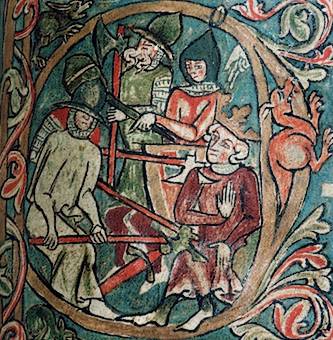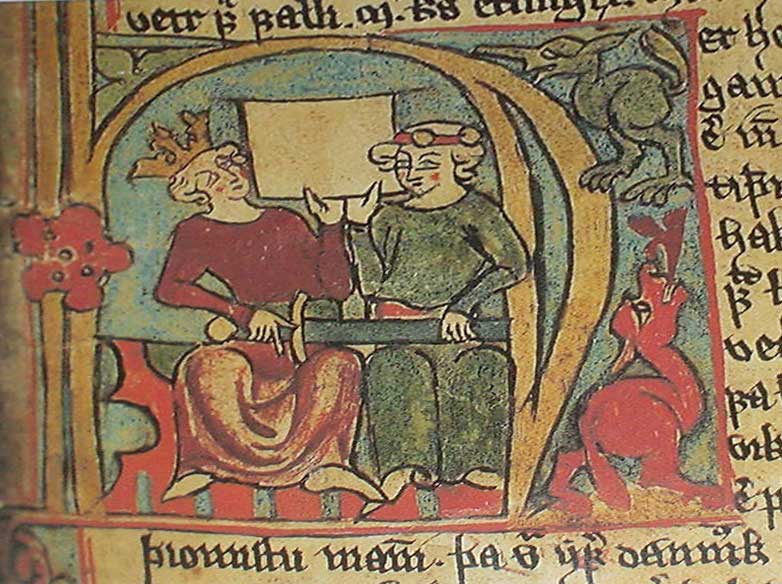HIS 3200: The Viking Age

discussion board Netiquette
Online discussion through postings to the bulletin board is an important part of the process of study in this course, as both preparation and supplement for the in-class discussions in section groups. To keep things civil and productive, it's useful to observe some guidelines on how to participate in an online discussion. This list is adapted from Scott Mellor's online posting guidelines for his course on "The History of the Vikings" at the University of Wisconsin–Madison.
- Sign your real name.
- Avoid comments that are self-centred ("I found this reading really interesting"), add nothing new ("I agree completely with what everyone else has posted"), or tend to close off the discussion ("I don't see why anybody even cares about this subject").
- Look for ways to make your points as contributions to an ongoing dialogue ("Although I agree with what everyone else has said, no one seems to have remarked on the issue of X yet. I found this issue really interesting because, in every other society I'm familiar with, Y is more prevalent. I don't understand how X could be true of the Viking Age, unless perhaps hypothesis Z is also true, in which case ...").
- Think of your comments as printed in a newspaper: an ephemeral, but potentially preservable public forum. It's perfectly fine to post tentative or provisional thoughts, but don't write anything you'd wish you hadn't in the morning.
- Try not to get too emotional. Avoid negativity ("This reading was stupid!") .
- Avoid flaming, ALL CAPS, !!!, ??? etc. This comes across as aggression.
- Discussion does not mean consensus, and you should feel free to question your peers' (or instructors') statements, but please disagree politely. Keep your comments understated, and use positive language.
- Don't disrupt. Start a new discussion, if you want to change the subject, but don't disrupt the flow of an ongoing coversation.
- Do unto others as you would have them do unto you. Maybe not a bad principle to live by offline, too.
return to HIS 3200 syllabus
Oren Falk, Associate Professor
Department of History, Cornell University
of24@cornell.edu
Page last updated on:
13 March, 2012





